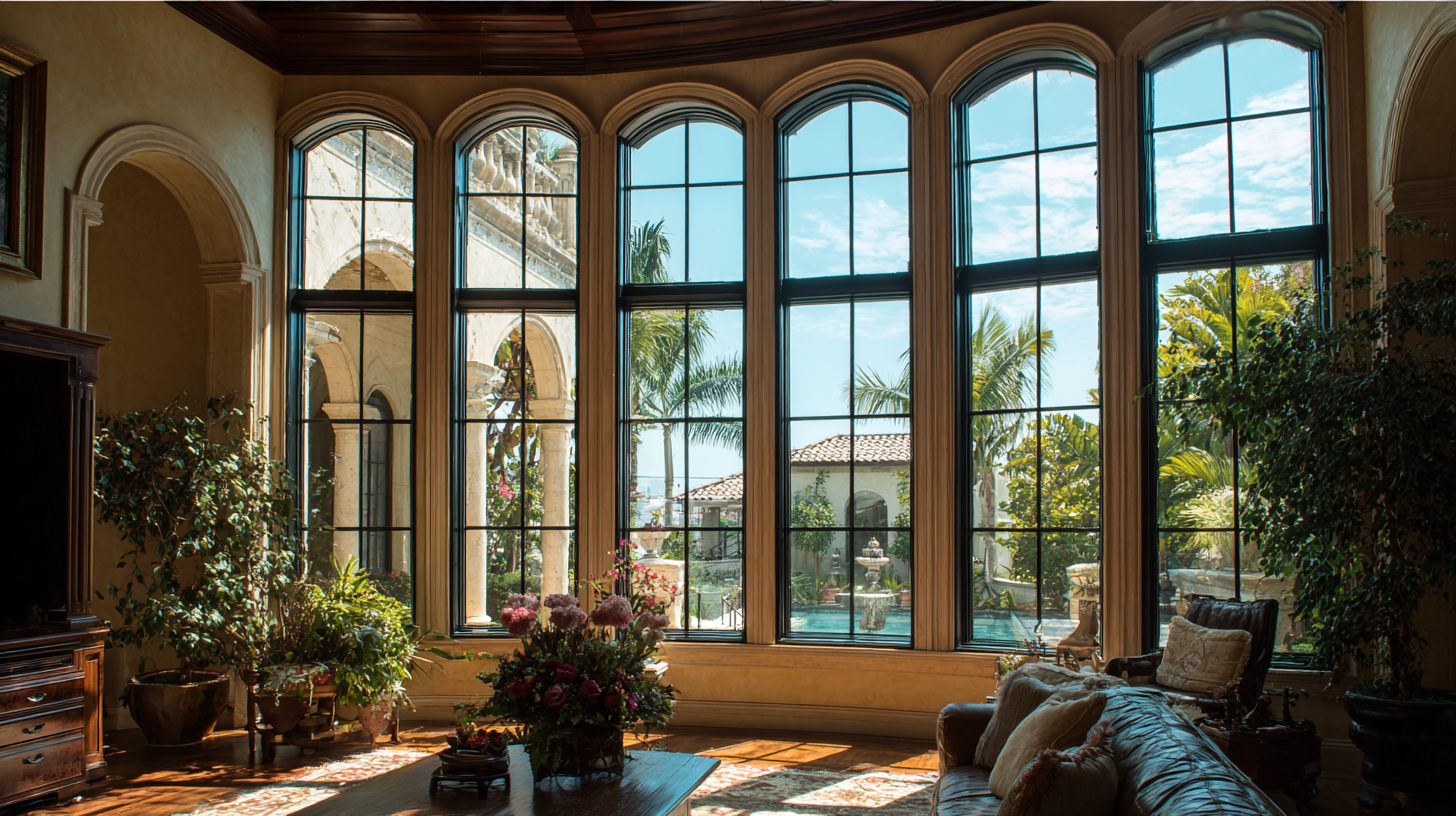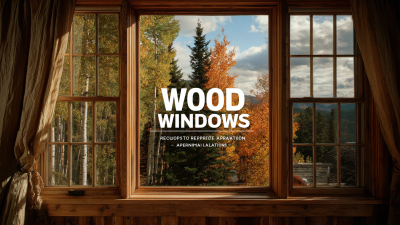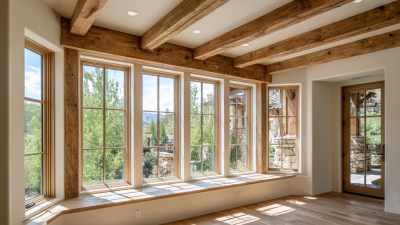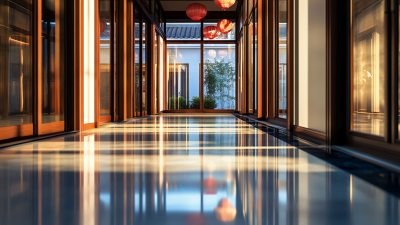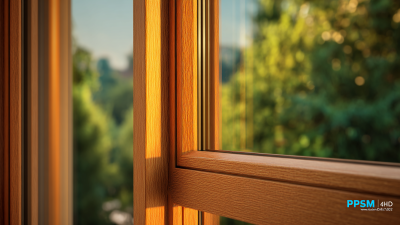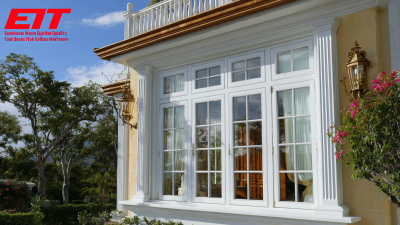When it comes to enhancing the security of your home or business, choosing the right type of Bullet Proof Windows is paramount. These specialized windows offer a vital line of defense against threats, providing peace of mind for property owners in an increasingly uncertain world. However, with a plethora of options available, selecting the best Bullet Proof Windows can be a daunting task. It's essential to understand the different types of bullet-resistant glazing materials, their ratings, and the specific needs of your property. This guide aims to shed light on the critical factors to consider, ensuring you make an informed decision that not only meets your security requirements but also complements your aesthetic preferences. By understanding what bullet-proof windows entail and how they can protect against various threats, you can take a significant step toward safeguarding your environment.

Installing bullet proof windows in residential and commercial properties offers numerous advantages that extend beyond mere security. According to a report by the National Institute of Justice, about 1.2 million property crimes were reported in the U.S. in 2022, highlighting the ongoing need for enhanced protection. Bullet proof windows, built with advanced polycarbonate or laminated glass technology, significantly reduce the risk of injury during violent break-ins or armed robberies. They are designed to withstand ballistic impacts while offering clarity similar to standard glass, making them an ideal choice for both aesthetics and safety.
Tip: When considering bullet proof windows, ensure you choose the appropriate level of protection based on your specific needs. Products typically range from levels I to IV, with higher levels providing greater resistance against various types of firearms. Consulting with a security expert can help tailor solutions that match your environment.
Additionally, the energy efficiency of bullet proof windows should not be overlooked. A study by the U.S. Department of Energy indicates that energy-efficient window installations can lead to energy savings of 15%-30%. By selecting window products that provide both security and insulation, property owners can enjoy a safer atmosphere while reducing energy costs.
Tip: Look for bullet proof windows with insulated frames and low-E glass coatings to maximize thermal performance and minimize heating and cooling expenses. Investing in high-quality products not only protects your property but also enhances overall comfort and sustainability.
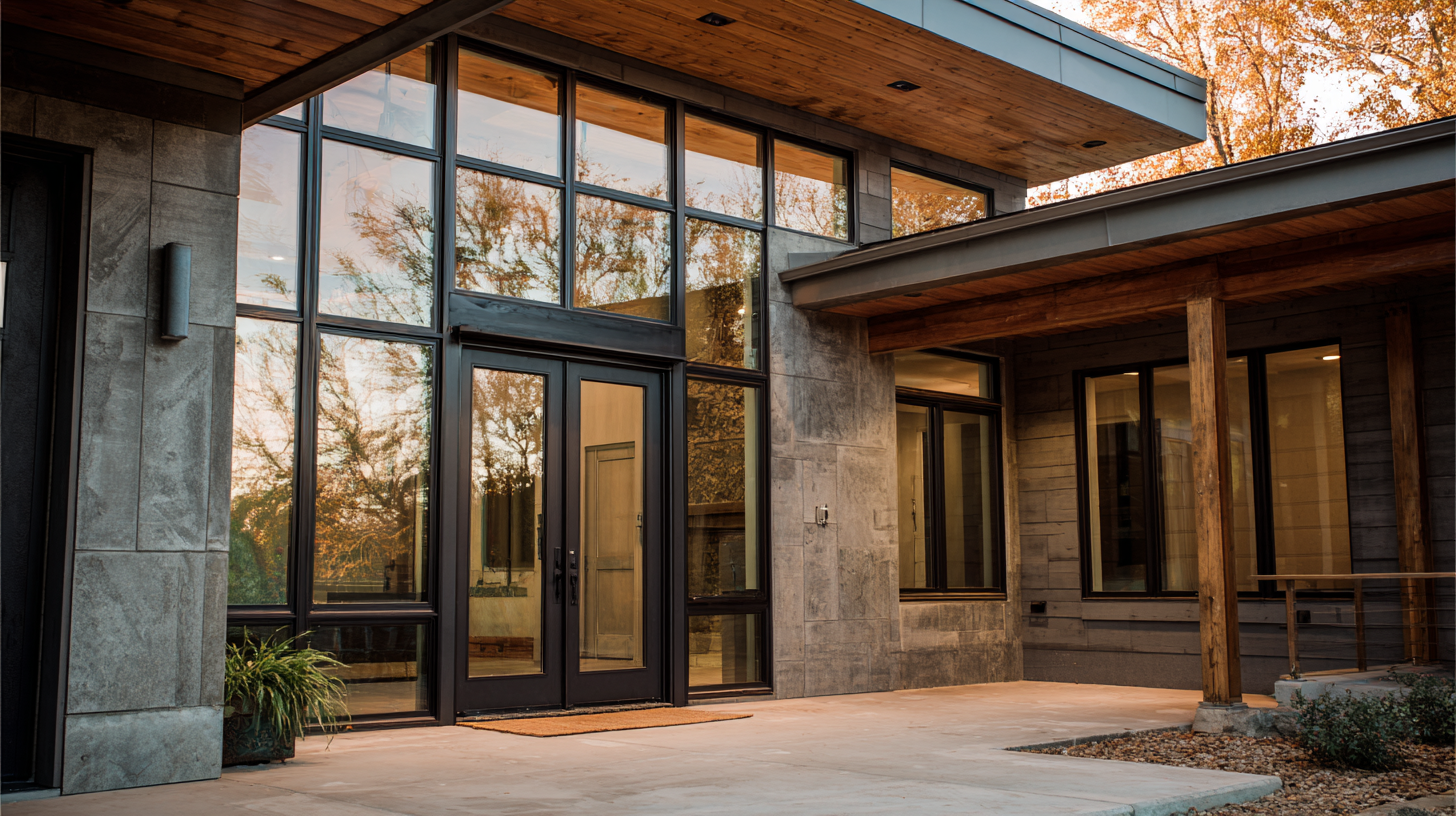
When selecting bulletproof windows for your home or business, understanding bullet resistant glass ratings is crucial. These ratings are determined by standardized tests that measure the ability of glass to withstand various ballistic threats. Commonly, bullet resistant glass is categorized using the Underwriters Laboratories (UL) standard, with ratings ranging from UL 752 Level 1 to Level 8. Each level indicates a different caliber of bullet and the number of shots the glass can endure, with Level 1 designed to withstand handguns and Level 8 offering protection against high-powered rifles.
It’s essential to consider the specific risks you face when choosing the appropriate glass rating. For residential use in high-crime areas or for businesses dealing with cash transactions, opting for at least UL 752 Level 2 or 3 may provide the necessary protection. Additionally, factors such as the thickness of the glass, framing, and installation also play significant roles in overall security. By comprehensively evaluating these ratings and how they align with your particular needs, you can make an informed decision that ensures the safety and security of your property.
| Glass Type | Rating Level | Thickness (inches) | Protection Level | Common Uses |
|---|---|---|---|---|
| Polycarbonate | UL 752 Level 1 | 0.5 | Handgun Protection | Residential Windows |
| Laminated Glass | UL 752 Level 2 | 1.0 | Slightly Higher Caliber | Commercial Properties |
| Tempered Glass | UL 752 Level 3 | 1.25 | Intermediate Caliber | Schools & Government Buildings |
| Bullet Resistant Acrylic | UL 752 Level 4 | 1.5 | High Caliber | Banks & Retail Stores |
| Bullet Resistant Glass | UL 752 Level 5 | 2.0 | High-Level Threats | Military & Secure Facilities |
When selecting bulletproof windows for your home or business, several key factors come into play to ensure optimal protection and functionality. First, assess the level of threat your location may face. Understanding criminal activity in your area, whether it’s vandalism or serious armed threats, will help determine the appropriate level of ballistic resistance needed.
Bulletproof windows come in various ratings, such as UL 752 or NIJ, which denote their capability to withstand specific types of firearms. Selecting the right rating based on your local risks is crucial for effective protection.
Another important consideration is the type of glass used in your bulletproof windows. The most common materials include laminated glass and polycarbonate, each offering unique benefits in terms of clarity, weight, and impact resistance.
Laminated glass is typically favored for its balance of transparency and safety, while polycarbonate is lighter and provides increased resistance to shattering. Additionally, installation methods and frame materials can significantly influence the durability of the windows.
Robust framing can enhance overall security and stability, ensuring your investment in bulletproof windows effectively safeguards your premises against potential threats.
When selecting bulletproof windows for your home or business, understanding the strengths and weaknesses of various brands becomes essential. According to a recent report by the Security Window & Door Association, the demand for ballistic-resistant windows has surged by approximately 25% over the past five years, reflecting growing concerns over personal and property safety. Notably, brands like ArmorPlast and BulletGuard have emerged as leaders in the market, with ArmorPlast offering a range of polycarbonate options that provide optimal protection while minimizing weight.
In comparative analyses, it's pivotal to look at the National Institute of Justice (NIJ) ratings. For instance, ArmorPlast's windows achieve a NIJ Level III rating, which means they can withstand impacts from high-caliber firearms—ideal for high-risk areas. Meanwhile, BulletGuard offers a more cost-effective solution with their Level II rated windows, suitable for residential spaces without compromising on security. These insights empower consumers to make informed decisions based on their specific needs and budget, ensuring that they invest in a product that guarantees safety and peace of mind.
When considering the installation of bulletproof windows for your home or business, evaluating the cost versus the value of this investment is vital for informed decision-making. According to the National Institute of Justice, the average cost of bullet-resistant glass ranges from $25 to $150 per square foot, depending on the level of protection required. While the initial expenditure may appear daunting, the potential to significantly enhance safety and security can justify the investment, particularly in high-risk areas.
